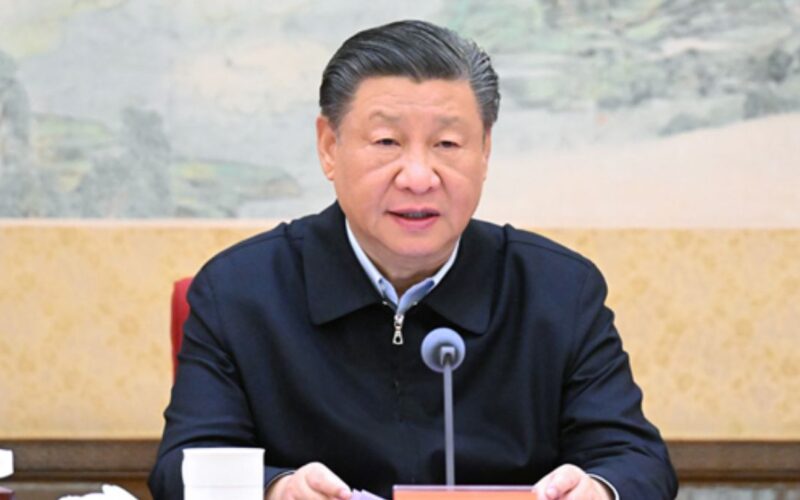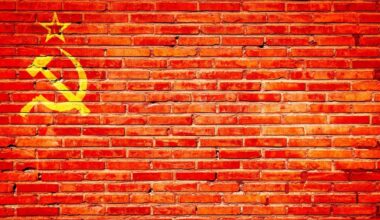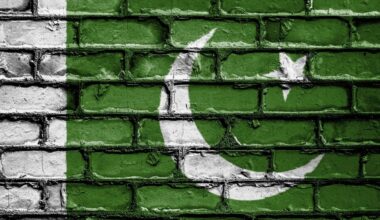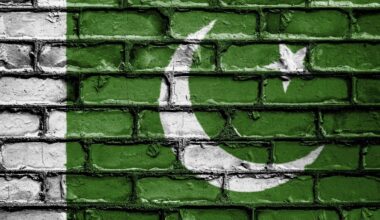Since assuming leadership of the Chinese Communist Party (CCP) and the presidency in 2012, Xi Jinping has wielded unprecedented power and authority, ushering in a new era of governance marked by increasing authoritarianism and repression. Under Xi’s rule, China has experienced a significant departure from the path of reform and openness that characterized previous decades, leading to concerns about the nation’s trajectory and its impact on both its citizens and the international community.
Authoritarian Consolidation
Xi Jinping’s leadership has been characterized by a relentless campaign to consolidate power and centralize control within the CCP. Through a series of purges, crackdowns on dissent, and the suppression of political rivals, Xi has solidified his grip on power, effectively eliminating any opposition or dissenting voices within the party. This consolidation of authority has eroded institutional checks and balances, leading to a more centralized and authoritarian regime.
Censorship and Information Control
Under Xi Jinping’s rule, China’s censorship apparatus has grown increasingly sophisticated and pervasive, extending beyond traditional media to encompass online platforms and social media networks. The government tightly controls the flow of information, censoring dissenting voices, suppressing news that is unfavorable to the regime, and promoting state-approved narratives. This crackdown on freedom of expression has stifled independent journalism and academic inquiry, limiting the ability of Chinese citizens to access unbiased information and engage in open dialogue.
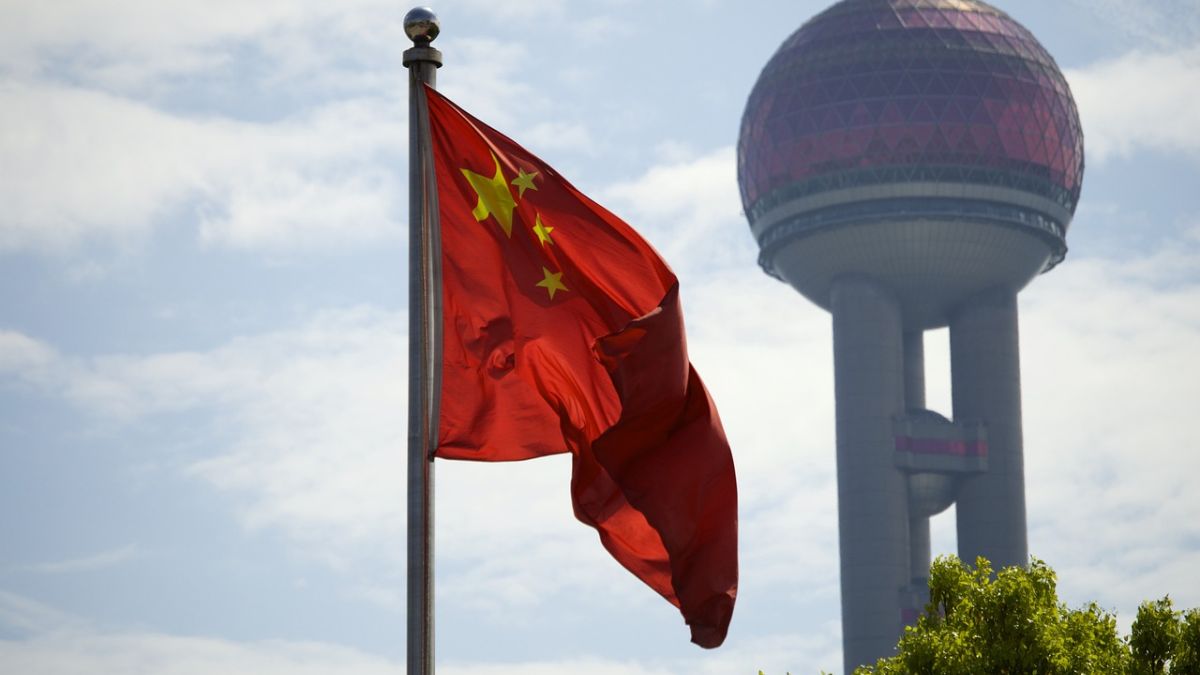
Human Rights Abuses
Xi Jinping’s tenure has been marked by a widespread crackdown on human rights and civil liberties. Dissidents, human rights activists, lawyers, and ethnic minorities have faced increased repression, arbitrary detention, and surveillance. The government’s treatment of ethnic Uighurs in the Xinjiang region, including mass internment camps, forced labor, and cultural genocide, has drawn international condemnation. Similarly, the crackdown on pro-democracy activists in Hong Kong has raised concerns about the erosion of freedoms guaranteed under the “one country, two systems” framework.
Economic Stagnation and Financial Risks
Despite initial promises of reform and economic liberalization, China under Xi Jinping has experienced slowing economic growth, mounting debt, and increasing financial risks. Xi’s emphasis on state control and intervention in the economy has stifled innovation, entrepreneurship, and market competition, leading to inefficiencies and distortions in the economy. Moreover, the government’s heavy-handed approach to regulation and its prioritization of political stability over economic reform have contributed to a lack of confidence among investors and businesses.
Deteriorating International Relations
Under Xi Jinping’s leadership, China’s foreign policy has become increasingly assertive and confrontational, leading to deteriorating relations with key international partners and allies. The government’s aggressive territorial claims in the South China Sea, its use of debt-trap diplomacy in developing countries, and its disregard for international norms and agreements have fueled tensions and raised concerns about China’s intentions on the global stage. Additionally, China’s coercive diplomacy and wolf warrior diplomacy tactics have alienated many countries and undermined its soft power and influence abroad.
A Troubled Path Forward
China under Xi Jinping’s rule has veered off course from the path of reform and openness that characterized previous decades. The erosion of human rights, the crackdown on dissent, the tightening of censorship, and the consolidation of authoritarian control have raised serious concerns about the direction of the nation and its impact on both its citizens and the international community. As China grapples with these challenges, the future remains uncertain, with profound implications for its domestic stability and global standing.
